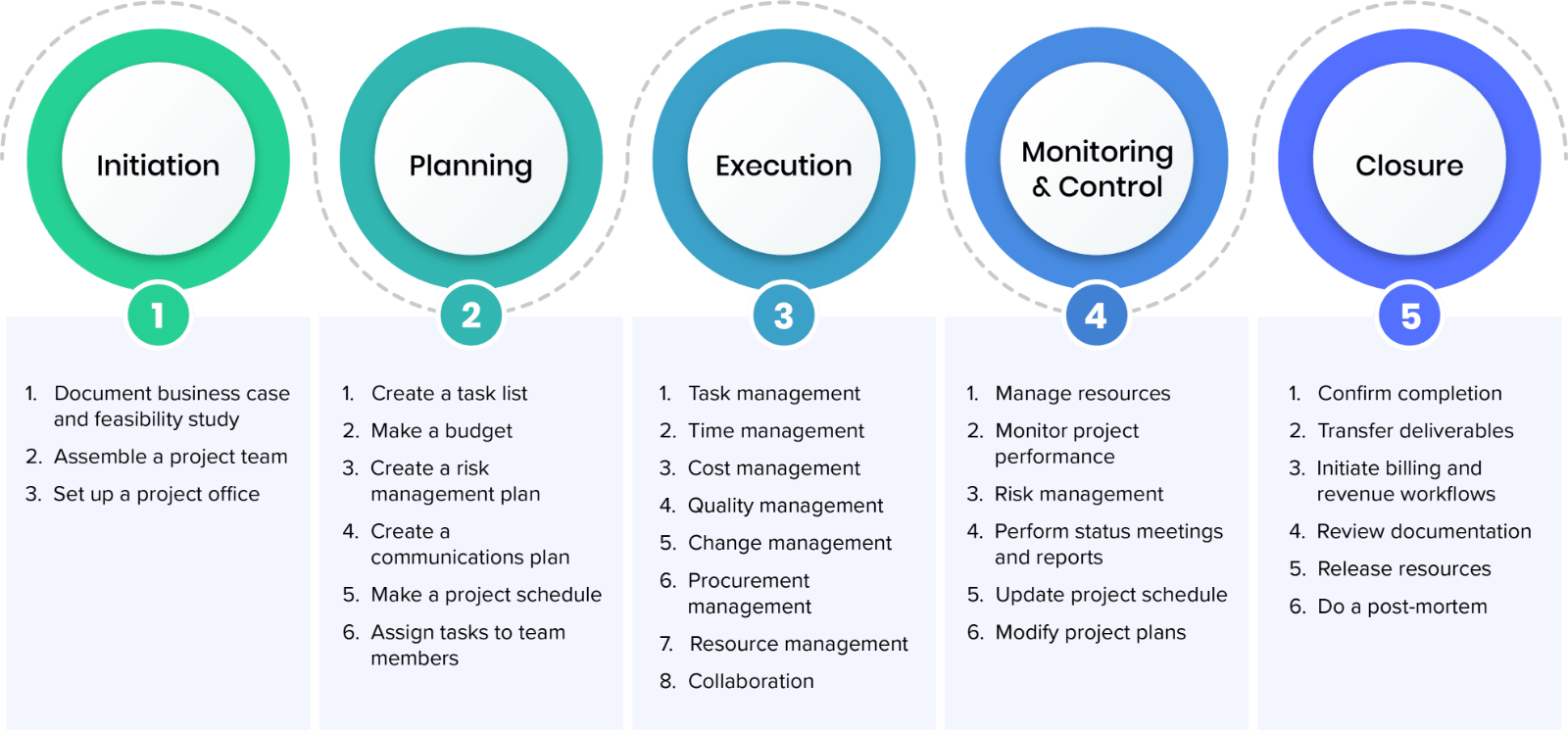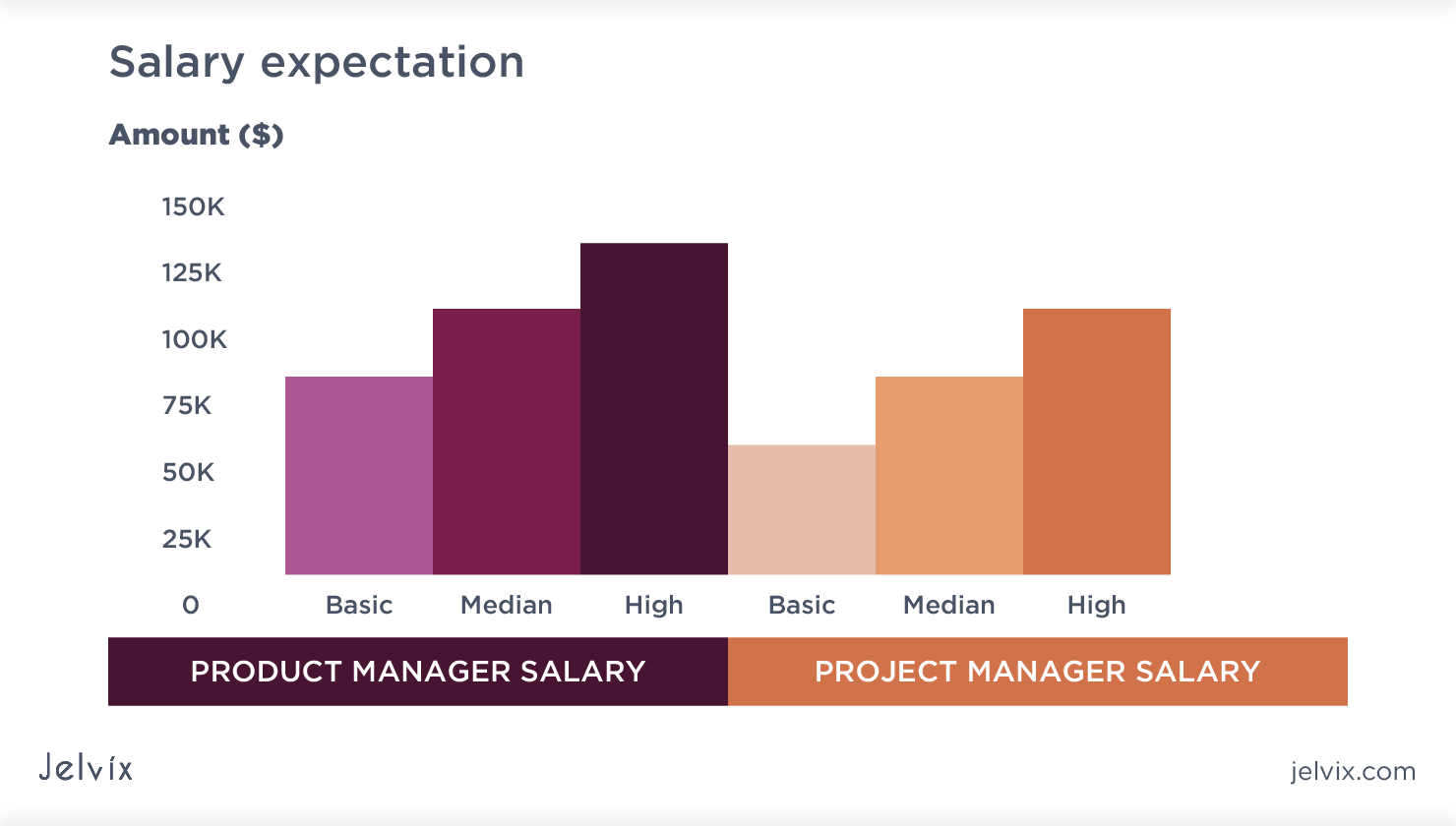
A school must match your qualifications to offer a construction management program. The time taken to complete a degree program differs from one school to the next. An associate's and bachelor's degree can be obtained in as little as two years by a full-time student. A bachelor's degree can take four years. A master's program takes one to two years. You should check the requirements of each program to make sure that you are eligible to pursue one of these programs. A program that is online allows you to study at your own pace and attend classes from the convenience of your own home.
Online construction management degree
University of Southern Mississippi offers 36 semester credits for a Master of Science Degree in Construction Management. This affordable program covers topics like value engineering, integrated design, and collaborative project management. Students must complete 12 technical specialty courses and 12 research hours. Students can finish their degree in between two and four years. They may also be eligible for financial aid. The University of Southern Mississippi is a public research university with almost 15,000 students. It also offers online degrees in many fields.
The online construction management program can prepare students to pursue various career paths in the construction industry. In addition to learning the fundamentals of construction management, students also study sustainability, building information modeling, and other topics pertinent to the construction industry. Coursework also includes academic writing, project management, and facility management. The degree program prepares graduates to work as construction managers, general contractors, and real estate developers. Construction is on the rise and professionals who have experience in this field are highly sought after.

Certificate in construction management
A Certificate in Construction Management degree is a good option for anyone looking to enter a new field in construction. This program will help you understand the basics of construction management, and provide many opportunities to advance. It requires four required courses and can be completed in two years. Many construction companies seek reliable and safety-conscious new hires. Some companies need project management and scheduling skills. There are many job titles available, including Construction Manager or Estimator.
Students who want to study a certificate program need to ensure that the school offers the curriculum that is most appropriate for their career goals. The curriculum is designed to equip students with the essential knowledge and skills in construction, project management, business, and more. Students will be ready to apply for graduate programs after graduation. Before choosing a program, students should consult an academic counselor. Students are likely have particular needs. An academic advisor can help you find the right courses for you.
Bachelor's Degree in Construction Management
Getting a bachelor's degree in construction management near you can be an exciting prospect if you're looking to work in the field after graduating. These degrees generally cost anywhere from $5,800 to $14,000 per semester, but students can save money by paying attention to certain factors such as location, institution type, and degree program structure. Public schools charge less than private institutions and make it easier to distinguish between in and out-ofstate students. There are some schools that offer tuition reductions for students who meet certain requirements such as a 2.5 grade point average. A few schools also allow you to complete the FAFSA form, which can qualify you for some federal loans and grant opportunities.
A Bachelor's degree program in construction management will help students gain the knowledge and skills necessary to be successful in this field. The program emphasizes theoretical and practical concepts such as planning, project management, advanced estimating, scheduling, and construction contract administration. The students will learn to collaborate with different groups and get projects done on time and within budget. Students will have the chance to work with real clients and partners, and they'll be ready for any number of construction projects.

Specializations in construction management
For students looking to be competitive in their field, it is smart to choose a specialty in construction management. Construction management courses are a great way to get a solid foundation in technical aspects of the industry and give you an edge in the job marketplace. It is important to consider the requirements, cost of living, job opportunities and the exact location of the school for those who are interested. Part-time studies are available for students who wish to work in construction.
Bachelor's degrees are required to obtain a degree as a construction manager. For graduation, this degree program requires at least 120 credits. Students will need to fulfill general education requirements. This includes English, math, science and the humanities. There are some specializations that don't require a bachelor's degree in construction management. If you're interested in becoming a construction manager, it's a good idea to find a school near you with a construction management specialization. There are many online programs that offer this degree. It is worth applying to as many as possible.
FAQ
What are the five management process?
Each business has five stages: planning, execution and monitoring.
Setting goals for the future is part of planning. Planning includes setting goals for the future.
Execution takes place when you actually implement the plans. Everyone involved must follow them.
Monitoring is the act of monitoring your progress towards achieving your targets. This should involve regular reviews of performance against targets and budgets.
Every year, there are reviews. These reviews allow you to evaluate whether the year was successful. If not there are changes that can be made to improve the performance next year.
Evaluation takes place after the annual review. It helps identify which aspects worked well and which didn't. It also provides feedback regarding how people performed.
How can a manager motivate his/her staff?
Motivation refers to the desire or need to succeed.
Enjoyable activities can motivate you.
Another way to get motivated is to see yourself as a contributor to the success of the company.
If you are a doctor and want to be one, it will likely be more rewarding to see patients than to read medical books every day.
A different type of motivation comes directly from the inside.
One example is a strong sense that you are responsible for helping others.
Maybe you like working hard.
If you feel unmotivated, ask yourself why.
Then try to think about ways to change your situation to be more motivated.
What are management concepts?
Management Concepts are the principles and practices managers use to manage people and resources. They cover topics like job descriptions (job descriptions), performance evaluations, training programmes, employee motivation and compensation systems.
Why is it so important for companies that they use project management techniques
To ensure projects run smoothly and meet deadlines, project management techniques are employed.
This is because most businesses rely on project work for their products and services.
These projects are essential for companies.
Without effective project management, companies may lose money, time, and reputation.
What is the meaning of "project management?"
This refers to managing all activities that are involved in a project's execution.
Our services include the definition of the scope, identifying requirements, preparing a budget, organizing project teams, scheduling work, monitoring progress and evaluating the results before closing the project.
Why does it sometimes seem so difficult to make good business decisions?
Complex systems and many moving parts make up businesses. Their leaders must manage multiple priorities, as well as dealing with uncertainty.
Understanding how these factors impact the whole system is key to making informed decisions.
It is important to consider the functions and reasons for each part of the system. It is important to then consider how the individual pieces relate to each other.
Also, you should ask yourself if there have been any assumptions in your past behavior. If so, it might be worth reexamining them.
If you're still stuck after all this, try asking someone else for help. They might see things differently than you and may have some insights that could help find a solution.
What is Six Sigma?
It is a way to improve quality that places emphasis on customer service and continuous learning. The goal is to eradicate defects through statistical techniques.
Motorola developed Six Sigma in 1986 to help improve its manufacturing processes.
The idea spread quickly throughout the industry, and today, many organizations are using six sigma methods to improve product design, production, delivery, and customer service.
Statistics
- Hire the top business lawyers and save up to 60% on legal fees (upcounsel.com)
- The average salary for financial advisors in 2021 is around $60,000 per year, with the top 10% of the profession making more than $111,000 per year. (wgu.edu)
- Your choice in Step 5 may very likely be the same or similar to the alternative you placed at the top of your list at the end of Step 4. (umassd.edu)
- UpCounsel accepts only the top 5 percent of lawyers on its site. (upcounsel.com)
- Our program is 100% engineered for your success. (online.uc.edu)
External Links
How To
How can you implement a Quality Management Plan?
QMP, which was introduced by ISO 9001:2008, is a systematic approach to improving products, services, and processes through continuous improvement. It provides a systematic approach to improving processes, products and customer satisfaction by continuously measuring, analysing, controlling, controlling, and improving them.
QMP is a common method to ensure business performance. QMP helps improve production, service delivery and customer relationships. QMPs should encompass all three components - Products and Services, as well as Processes. The QMP that only addresses one aspect of the process is called a Process QMP. The QMP that focuses on a Product/Service is called a "Product." QMP. QMP stands for Customer Relationships.
Scope is the most important element in implementing a QMP. Strategy is the second. These are the following:
Scope: This defines what the QMP will cover and its duration. This scope can be used to determine activities for the first six-months of implementation of a QMP in your company.
Strategy: These are the steps taken in order to reach the goals listed in the scope.
A typical QMP has five phases: Planning (Design, Development), Implementation (Implementation), and Maintenance. Each phase is described below:
Planning: This stage determines the QMP goals and prioritizes them. To get to know the expectations and requirements, all stakeholders are consulted. Next, you will need to identify the objectives and priorities. The strategy for achieving them is developed.
Design: During this stage, the design team develops the vision, mission, strategies, and tactics required for the successful implementation of the QMP. These strategies are implemented by the development of detailed plans and procedures.
Development: Here, the development team works towards building the necessary capabilities and resources to support the implementation of the QMP successfully.
Implementation involves the actual implementation using the planned strategies.
Maintenance: Maintaining the QMP over time is an ongoing effort.
Additionally, the QMP should include additional items:
Stakeholder Involvement: Stakeholders are important for the success of the QMP. They need to be actively involved in the planning, design, development, implementation, and maintenance stages of the QMP.
Project Initiation. It is important to understand the problem and the solution in order to initiate any project. In other words, the initiator needs to know why they want to do something and what they expect from the outcome.
Time Frame: This is a critical aspect of the QMP. For a short time, you can start with the simple version of the QMP. If you are looking for a longer-term commitment, however, you might need more complex versions.
Cost Estimation is another important aspect of the QMP. You can't plan without knowing how much money it will cost. Cost estimation is crucial before you begin the QMP.
The most important thing about a QMP is that it is not just a document but also a living document. It is constantly changing as the company changes. It should be reviewed on a regular basis to ensure that it is still meeting the company's needs.